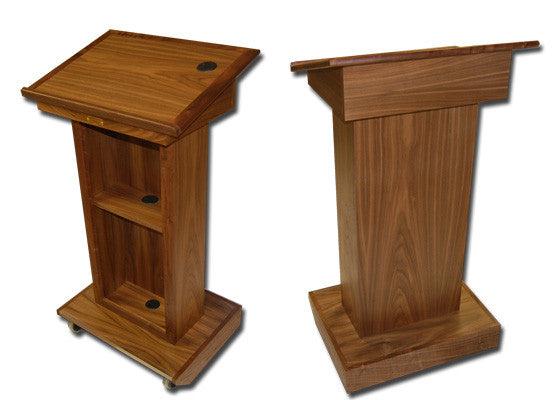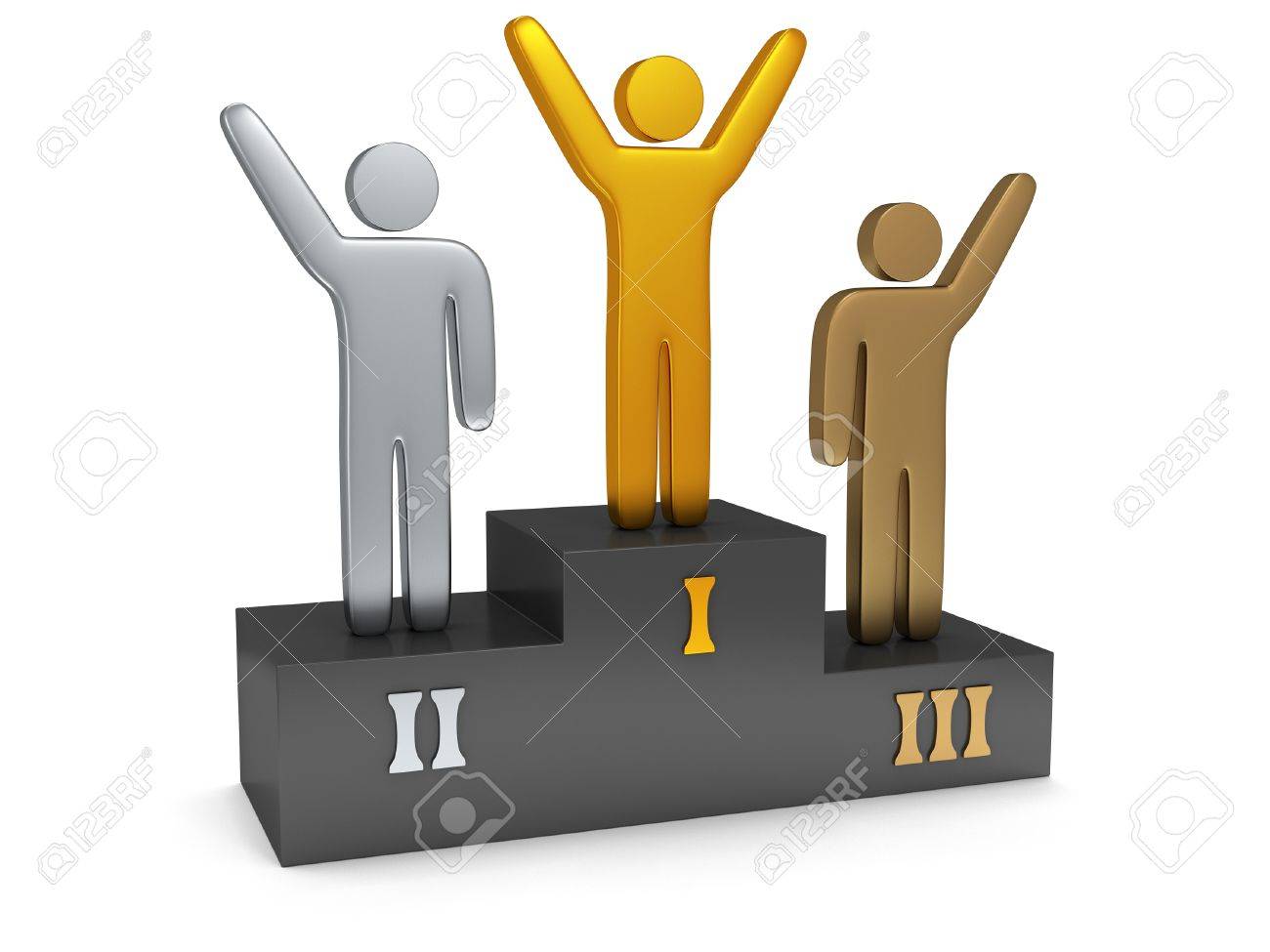All too often...and that's just one example of those kinds of errors.I literally died laughing reading this ...
They do that alot?
And yes, I got the "alot"...


All too often...and that's just one example of those kinds of errors.I literally died laughing reading this ...
They do that alot?


“What ho, Jeeves, I literally LOL’d.”
“Indeed, sir.”
“Pardon my mentioning it, Jeeves, but you look like you just swallowed a poop imoji.”
“I belive it to be a parasympathetic response on behalf of Messers Fowler and Fowler, in response to your idiosyncratic use of the King’s English, sir.”
Don’t make me ka nife you.I have one thing to say.
The freaking L in folk and yolk is SILENT.
One could say I have 1,984 reasons why there shouldn't be shades of grey and that there should be limits on the number of words we use to express ourselves.Life is all about shades of grey, vocabulary brings clarity.
dave
I literally died laughing reading this ...
They do that alot?
My 7th grade English teacher would always say, “A lot is a piece of land. A bunch is a cluster; as in grapes and bananas.”
It drives me up the wall when a person confuses ...
Podium: a small platform on which a person may stand to be seen by an audience, as when making a speech or conducting an orchestra.
Lectern: a tall stand with a sloping top to hold a book or notes, from which someone, typically a preacher or lecturer, can read while standing up.
I cringe when I'm in a meeting or conference and the speaker introduces someone and states..."and now, Mr. Cohiba will take the podium." I want to scream...."What The Freak"!!! "Where's the podium, oh you mean LECTERN'!!!!!!!!!!!!!!!
This boys and girls is a LECTERN:

This boys and girls is a PODIUM:

I get irritated at people who are unaware of adverbs.
I think it was episode 4 (maybe 6-if not, keep watching) of a Canadian show called "Corner Gas" on amazon prime, where Wanda keeps correcting everyone's use of articles. Great episode. Overall, a pretty funny, "clean", comedy show.
I don't know why I find this objectionable, but I'm very tired of the over-use of the word "transparent". Also, "transparency". There's always talk of politicians, CEO's and others accountable to various others as needing to be more open and transparent in their dealings and statements. That accountability would be more effective if we used the actual word they are alluding to which is honesty. I don't need or want people to be more "transparent" whatever the h*** that's supposed to mean. We need them to be honest. You're either being honest, or dis-honest......not transparent. Rant over.
And that limits thought. The world is not black and whiteOne could say I have 1,984 reasons why there shouldn't be shades of grey and that there should be limits on the number of words we use to express ourselves.
Aside from that I hate when people use tax return and tax refund interchangeably.
Just talked with the War Department about this yesterday. Scary.Wall-E was oddly prescient
Don't forget "dais" and "pulpit".It drives me up the wall when a person confuses ...
Podium: a small platform on which a person may stand to be seen by an audience, as when making a speech or conducting an orchestra.
Lectern: a tall stand with a sloping top to hold a book or notes, from which someone, typically a preacher or lecturer, can read while standing up.
I cringe when I'm in a meeting or conference and the speaker introduces someone and states..."and now, Mr. Cohiba will take the podium." I want to scream...."What The Freak"!!! "Where's the podium, oh you mean LECTERN'!!!!!!!!!!!!!!!
This boys and girls is a LECTERN:

This boys and girls is a PODIUM:

The other day my son told that "words don't have meanings—they have usages".Is it shrinking or changing? Read someone like G.K. Chesterton, who wrote roughly a century ago. The words in everyday usage shifts with time.
I finally broke myself of saying “what’s up (fill in name here)?” because I work with a guy name Chuck. It just flowed out, and I grimaced after every time. Took about 20 times saying that before I finally stopped.What amazes me is how there are some words or phrases placed (often inappropriately) at the beginning of sentences, that suddenly come in fashion, and that it does not appear to matter what the speaker's first language is.
For a while it was "So, ...".
Q. "What is your favourite cookie?"I caught myself doing it, and worked hard to avoid it.
A. "So, I think chocolate chip is the best."
Also, "Basically".
Q. "How wealthy are you?"What, is there a more complex answer?
A. "Basically I have more money than Bill Gates."
Then it's "I mean..."
Q. "What day do you want to have lunch?"A bit later, it evolved to "Well I mean ..."
A. "I mean, Thursday is good for me."
Typically it's all mashed together, as in "Wellimean ..."
These words and phrases add absolutely no meaning to the sentence. At least with "um...", you know that the person is indicating that they're thinking about it.
As near as I can make out, they are somewhere between a filler (see Filler (linguistics) - Wikipedia ) and a discourse marker (see Discourse marker - Wikipedia ).
Or, they are discourse markers (which have meaning) being used as fillers (which do not). Learned speakers and trained media personalities do it.
The real mystery is how does it propagate so quickly, and to all corners of the globe? You're watching a panel discussion on CNN, and one guest is from, say, North Korea (or wherever), with a heavy accent, and halting English, and still they'll be saying "Well I mean ...".
They never appear in written material, not even close-captioning on TV, unless it's part of a character's dialog in a script.
Don't forget "dais" and "pulpit".
Speaking of pulpits, a "bully pulpit" is not a "pulpit for a bully". It uses "bully" in the sense of "admirable" or "excellent".
The other day my son told that "words don't have meanings—they have usages".
I think he may have the right of it, sadly.
_______________________________
"Mega" - don't get me going. "That ice cream is mega-tasty!"
(cue Boot to the head)
"Literally" - that's been well-covered.